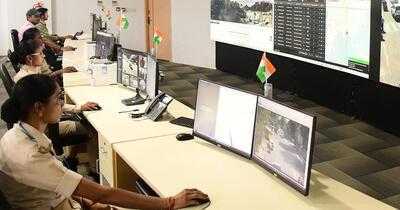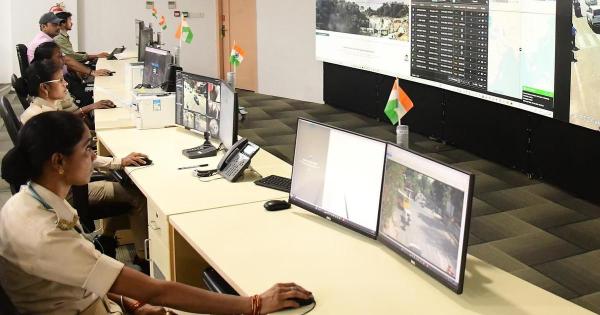

The Smart Cities Mission promised to revitalise India’s cities by ushering in an era of data-driven governance. It suggested that apps would use data to help in the direct delivery of certificates and official documents to residents while municipal revenues could be improved through the online collection of property taxes and billing for services.
It also advocated the idea that urban services such as public transport, traffic regulation and waste collection could vastly benefit from data analytics and automation.
Towards this goal, cities such as Bengaluru, Bhubaneswar, Bhopal, and Surat installed a variety of sensors, networks and databases to collect data on public transport, traffic and in some instances solid waste.
Platforms in Integrated Command and Control Centres across the hundred cities picked for the mission would be able to analyse the data acquired from these digital infrastructures to automate urban services.
Data dashboards would assist city authorities in monitoring performance so that decision-making could be improved.
The Ministry of Housing and Urban Affairs issued a Data Smart Cities Strategy issued to guide cities in these datafication attempts. A centralised India Urban Data Exchange aggregated data from the digital infrastructure of 50 cities under the Smart Cities Mission.
But ten years later, the promises of the Smart Cities Mission remain unfulfilled. Instead,...
Read more